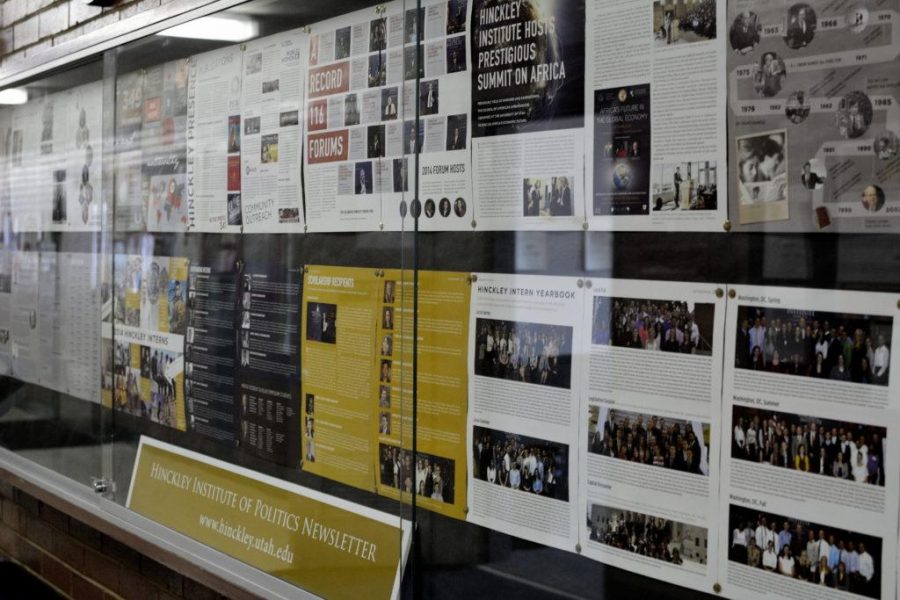Utah has the youngest population in the United States, but its voting rates — among both youth and others — are low. Roughly 60 percent of voting-aged people in Utah didn’t cast their ballot this past election cycle. With a population nearing three million, more than one million voices go unheard in Utah’s elections. Nationwide, voters between the ages 18 and 29 have one of the lowest voter turnouts. There are a myriad of reasons why young people do not go out to the polling stations en masse. Many millennials see the time it takes to register to vote and the voting process itself as arduous and inconvenient. The non-partisan Hinckley Institute is attempting to turn low voting rates around among students at the University of Utah.
During orientation for the upcoming school year, students received a card detailing how to register to vote along with their student ID (UCard). The Andrew Goodman Foundation funded the project.
“The idea has been a few years in the making,” said Gerrit Seymour, the administrative program coordinator for the Hinckley Institute, who spearheaded the voter registration project. “We wanted to incorporate voter registration into orientation, so we met with key stakeholders across campus and decided it would work best to include voter registration cards in the UCard process. When we contacted the UCard office, they thought this was a great idea and were happy to partner with us.”
The Hinckley Institute felt that distributing the registration cards in conjunction with UCards would guarantee the most effective application of the initiative, as orientation is the best time to reach the largest amount of students at once. The overarching goal is to increase voter turnout across the U’s campus and get young people more involved in politics.
Since its inception, the Hinckley Institute has been dedicated to advancing civic engagement. It connects students to politics both in and outside of the classroom by offering lectures and seminars, and even connecting students to local, national and international internships. In its attempts to increase political engagement on campus, the institute has earned the U a Voter Friendly Campus designation from Campus Vote Project. The institute’s efforts include arranging an on-campus voting location at the Marriott Library and hosting debate and election night watch parties. Last year alone, the Hinckley Institute assisted over 1,800 students in registering to vote. The Hinckley Institute hopes that its most recent project will continue to raise those numbers.



